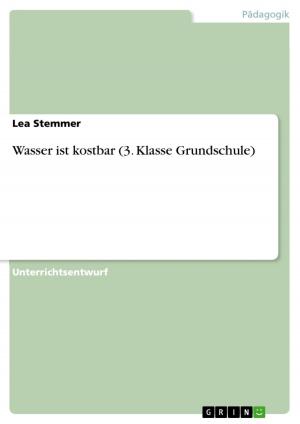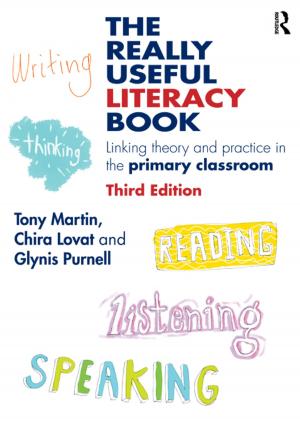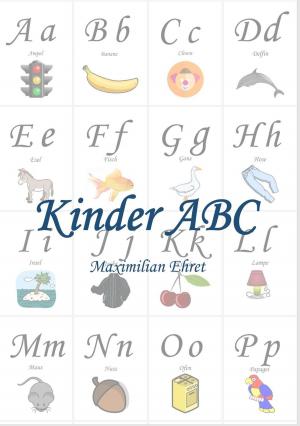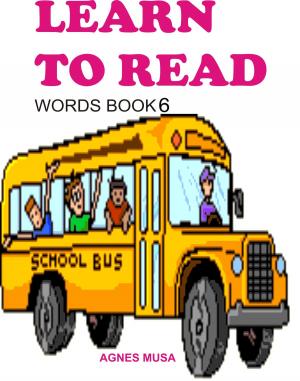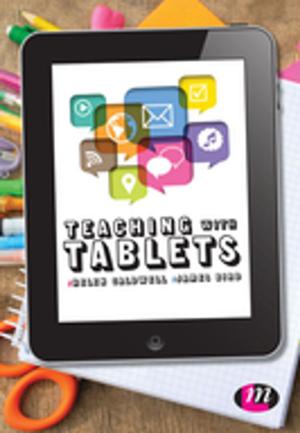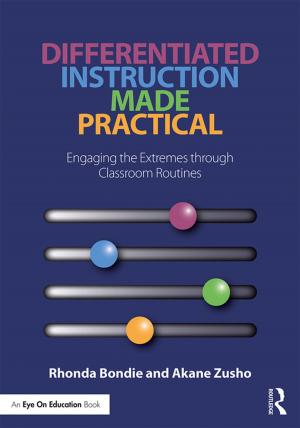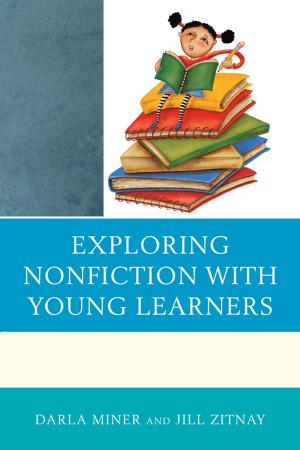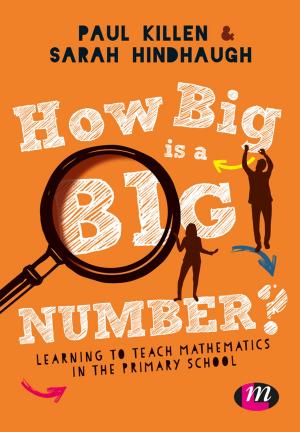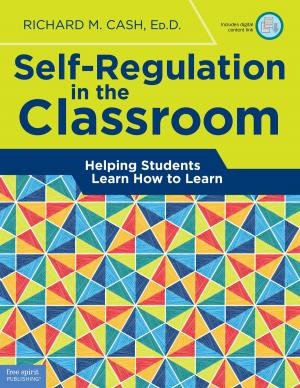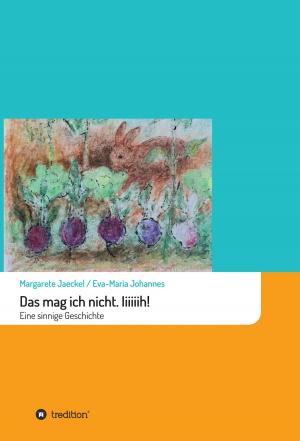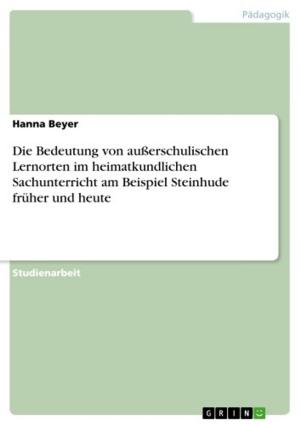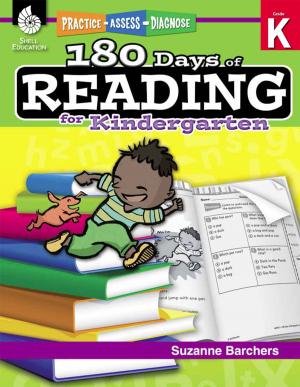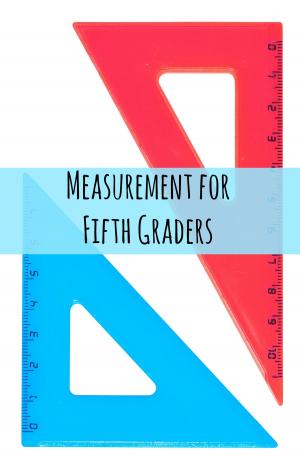SOLO Taxonomy in the Early Years
Nonfiction, Reference & Language, Education & Teaching, Preschool & Kindergarten, Elementary| Author: | Pam Hook, Bridget Casse | ISBN: | 1230000190038 |
| Publisher: | Essential Resources Educational Publishers Ltd | Publication: | January 30, 2013 |
| Imprint: | Essential Resources Ltd | Language: | English |
| Author: | Pam Hook, Bridget Casse |
| ISBN: | 1230000190038 |
| Publisher: | Essential Resources Educational Publishers Ltd |
| Publication: | January 30, 2013 |
| Imprint: | Essential Resources Ltd |
| Language: | English |
Starting school marks a transition in the life of a young learner. The learning ecosystem changes from a place predicated on a developmental approach and "learning through play" to one that introduces achievement objectives and assesses learning outcomes.
Many students arrive at school with portfolios from early childhood settings and reports from parents and family affirming they are already "confident, connected, actively involved lifelong learners". They already have knowledge, skills competencies, attitudes and behaviours for learning.
Teachers of children starting school call on extensive systems and procedures to discover these young learners' physical health and wellbeing, social competence, emotional maturity, language and cognitive development, communication skills and general knowledge. Successful transitions depend on;
- the student belonging and feeling suitable at school
- the student sense of being a learner through learner dispositions
- the student becoming - changing through engagement in learning
SOLO is a model of learning that helps make these connections. It enables students to understand the how and what of school - that is, how and what they are learning. SOLO makes learning outcomes visible and in doing so it connects students, teachers and families to learning.
Starting school marks a transition in the life of a young learner. The learning ecosystem changes from a place predicated on a developmental approach and "learning through play" to one that introduces achievement objectives and assesses learning outcomes.
Many students arrive at school with portfolios from early childhood settings and reports from parents and family affirming they are already "confident, connected, actively involved lifelong learners". They already have knowledge, skills competencies, attitudes and behaviours for learning.
Teachers of children starting school call on extensive systems and procedures to discover these young learners' physical health and wellbeing, social competence, emotional maturity, language and cognitive development, communication skills and general knowledge. Successful transitions depend on;
- the student belonging and feeling suitable at school
- the student sense of being a learner through learner dispositions
- the student becoming - changing through engagement in learning
SOLO is a model of learning that helps make these connections. It enables students to understand the how and what of school - that is, how and what they are learning. SOLO makes learning outcomes visible and in doing so it connects students, teachers and families to learning.

